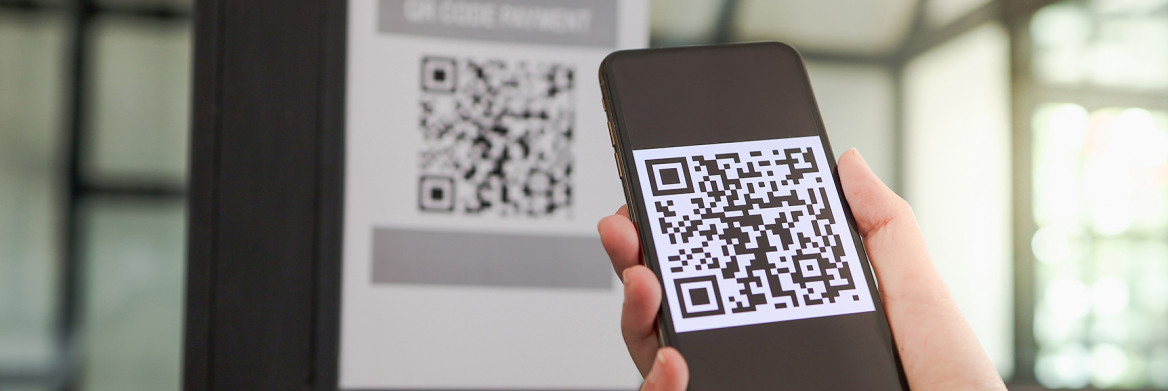Human trafficking is a crime that involves recruiting, transporting, or controlling a person, typically for sexual exploitation or forced labour. According to Statistics Canada, Nova Scotia had the highest rate of police-reported human trafficking incidents in Canada in 2019 — 5.3 incidents per 100,000 people.
The Nova Scotia RCMP's Provincial Human Trafficking Unit has a new way to raise awareness about the crime and connect victims with support. They're distributing posters and stickers with a QR code that provide access to information on recognizing the signs of human trafficking and reporting it.
In the spotlight
"The more light we shine on human trafficking, the fewer places there are for the offenders to hide,
" says Cpl. David Lane, who's part of the human trafficking unit in Nova Scotia. "Traffickers have been operating in plain view because people didn't have the tools to identify it and didn't know where to report it.
"
Now, when someone scans the QR code, they have the information they need in an instant. Two weeks after the unit launched the campaign, there are already signs of success — traffic to the linked webpage increased by more than 350 per cent.
This campaign is one of many ways the Nova Scotia RCMP is working to tackle human trafficking. Since the unit's launch in 2019, they've revamped a public awareness campaign through Crime Stoppers that has led to more reports. The unit also started the human trafficking hotline in Nova Scotia, where callers can speak to an investigator experienced in human trafficking.
Brainstorming
The project started when the unit was looking for ways to raise awareness about human trafficking. Ideas like water bottles or key chains featuring the phone number for the Nova Scotia human trafficking hotline were proposed, but there were concerns that a prominently displayed number on personal items would increase risks for victims trying to find support.
Then, Trudy MacDougall, who works with the unit in an administrative role, thought of QR codes, which have been widely used during the pandemic.
"We were concerned about the phone number being so obvious and thought that QR codes would be a great avenue to provide that information discreetly,
" says MacDougall.
The human trafficking unit shared the posters with every RCMP detachment and municipal police agency in the province to increase the chances of victims seeing the posters. MacDougall is also working with other provincial agencies to distribute the posters even more broadly.
"They have the boots on the ground and they know what's going on in their communities,
" says MacDougall.
If you or someone you know might be a victim of human trafficking, call the National Human Trafficking Hotline from anywhere in Canada, 24/7, at 1-833-900-1010 or report an anonymous tip online.
